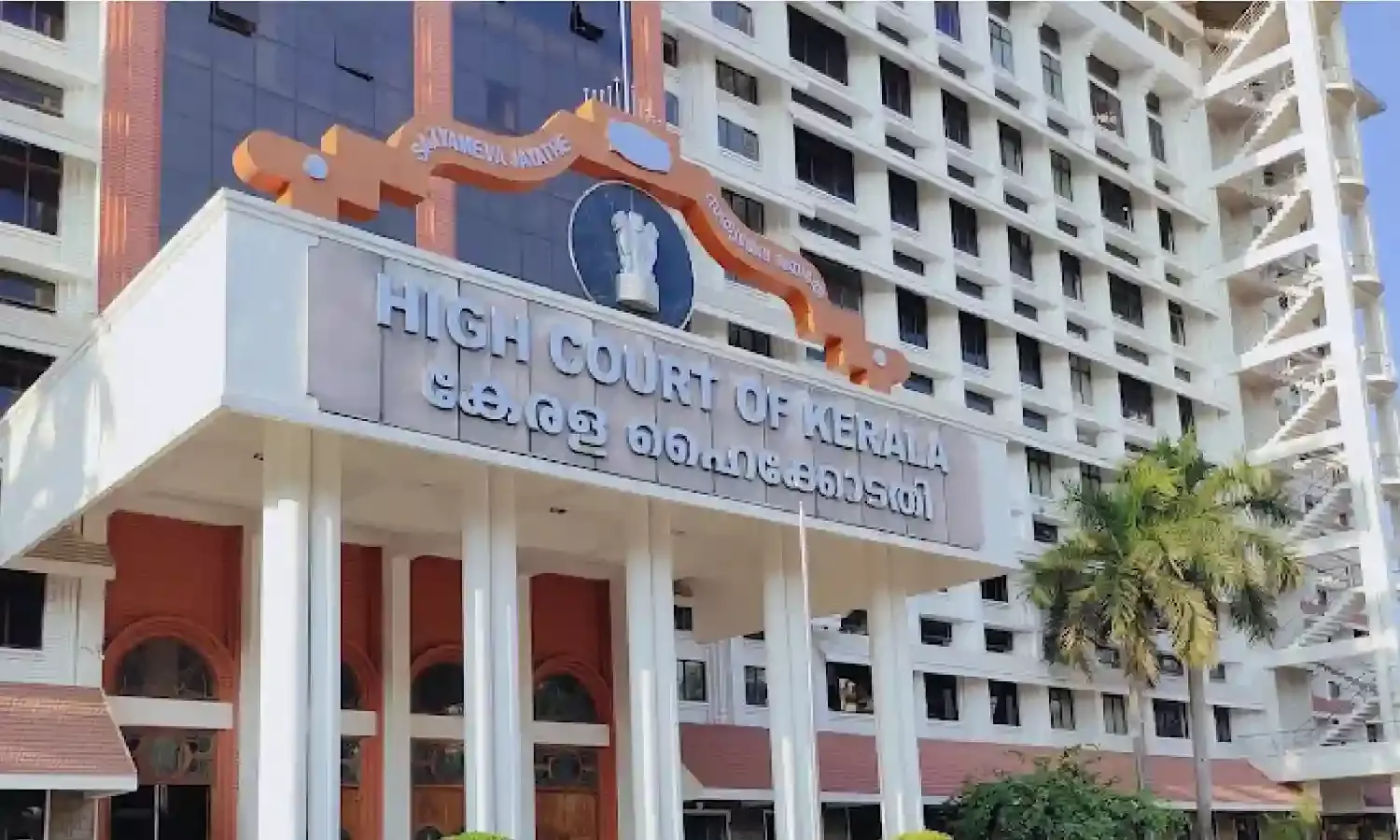Language Has Deep Cultural Significance: Kerala High Court On Govt. Order Mandating Hindi As Third Language In Lakshadweep Schools
The Kerala High Court was considering a Public Interest Litigation challenging the office order issued by the Director of Education, Union Territory of Lakshadweep, regarding the implementation of the Three Language Formula (TLF) from Standard I onwards, excluding Mahl and Arabic as optional subjects.

The Kerala High Court while deferring the implementation of a government order mandating Hindi as the third language in schools in Lakshadweep has remarked that language holds deep cultural significance.
The Court was considering a Public Interest Litigation challenging the office order issued by the Director of Education, Union Territory of Lakshadweep, regarding the implementation of the Three Language Formula (TLF) from Standard I onwards, excluding Mahl and Arabic as optional subjects.
The division bench of Chief Justice Nitin Jamdar and Justice Basant Balaji observed, "......The point emphasized by the Petitioner, which prima facie, we find merit in, is that for the implementation of the Policy in a particular area, there has to be an application of mind and a study of local conditions to determine what is best for the educational interests of the community, in order to achieve the objectives of the Policy. The Policy itself contemplates such an application of mind, noting that various factors are involved in the said decision. As contended by the learned counsel for the Petitioner, a language holds deep cultural significance, and any changes could have serious ramifications....."
The Petitioner was represented by Advocate Reena Sharon Suresh and Advocate K.P.S. Suresh.
Facts of the Case
The Petitioner contended that the impugned decision was hastily taken by the Director of Education without consultation with the stakeholders and without conducting any proper study as to its implications on the education system in the islands of Lakshadweep, including Minicoy, and the cultural issues that may arise. It was further contended that the education system prevalent in the Union Territory of Lakshadweep for the past seventy years had the option of Arabic/Mahl as a third language and in Minicoy Island, the Mahl language holds a distinct cultural identity. The Counsel contended that the exercise is done casually by issuing an mere office order, which is ordinarily issued for routine administrative matters without giving any reason as to why the prevailing practice is being sought to be changed.
Reasoning By Court
To the Court's query as to whether any study had been carried out regarding the need for changing the selection of languages and the implications thereof, and whether there had been any consultation with stakeholders, the Standing Counsel for the Lakshadweep Administration conceded that no study had been carried out.
It was of the view that ordinarily, the Court would not interfere in matters of education policy, particularly with respect to the selection of languages in the curriculum. However, this is self-restraint based on the premise that decisions relating to education policy are made by experts in the field after an in-depth study and wide consultation.
The Court noted that the impugned order provides no reasons, except for references to the Education Policies of 2020 and 2023 and the Central Board of Secondary Education (CBSE) circular also does not specifically state what the choice of languages should be. It stated that the Administration placed no material on record reflecting the application of mind prior to issuing the impugned order.
"The impugned directive is a mere office order, which is ordinarily issued for routine matters and not for purposes that would have a fundamental impact on local conditions. We are not guided by the impugned order as to how the decision was arrived at or what its implications would be, particularly since there is a change from the existing position prevailing for the last seventy years. No material whatsoever is produced before us," the Court observed.
It was thus concluded that a prima facie case is made out by the Petitioner that the impugned office order was issued without conducting any study or consultation with stakeholders.
Cause Title: Ajas Akber vs. Union Territory Of Lakshadweep

